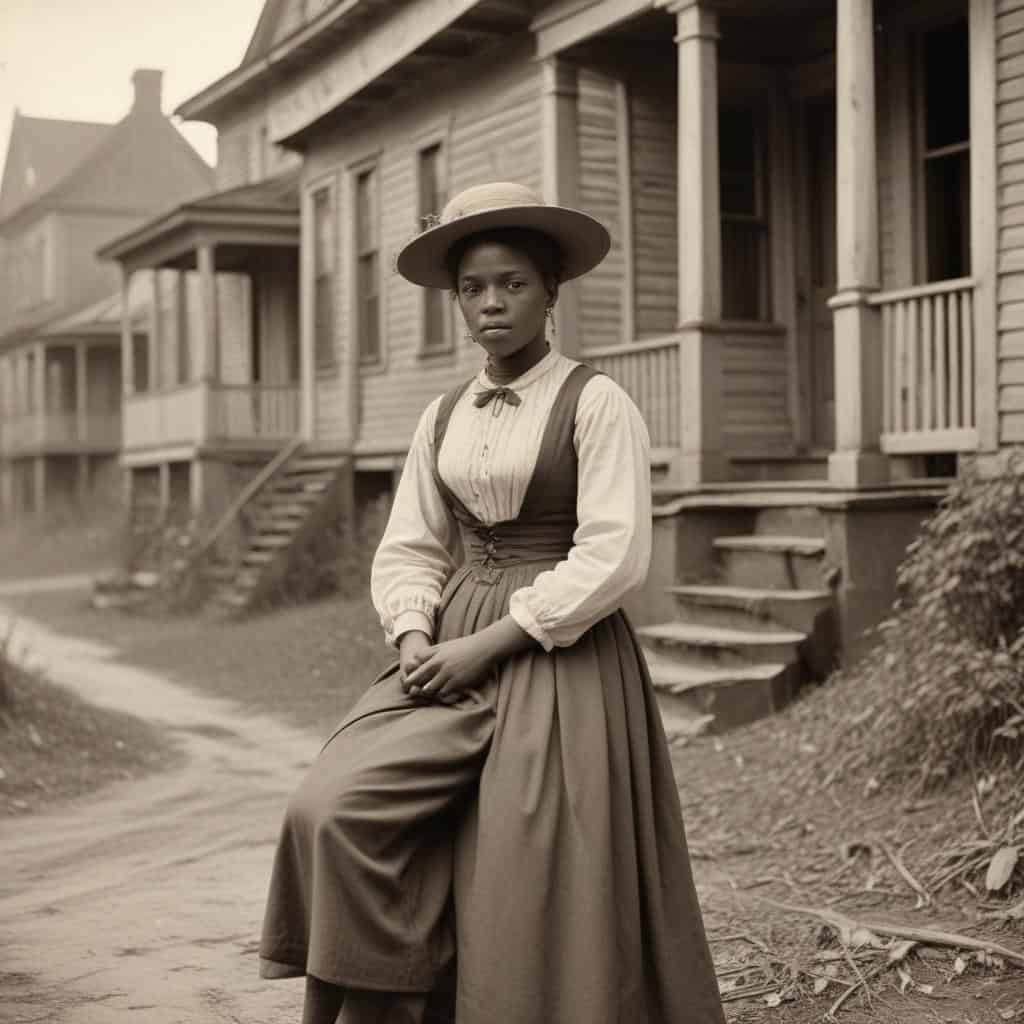The Reconstruction Era was a period in American history following the Civil War. It aimed to rebuild the South and integrate freed slaves into society. It lasted from 1865 to 1877. Reconstruction led to significant changes in politics, social structure, and race relations.
Summary List
- The Reconstruction Era was a period in American history following the Civil War.
- It lasted from 1865 to 1877.
- During this time, the federal government worked to rebuild the South and integrate freed slaves into society.
- Several amendments were passed during this era, including the 13th Amendment which abolished slavery.
- The Reconstruction Era was marked by violence, political turmoil, and struggles over civil rights.
Games and Apps
Learning Modules
Thirteenth Amendment
The Thirteenth Amendment to the United States Constitution, ratified in 1865, abolished slavery and involuntary servitude, marking a crucial milestone in the fight for civil rights. This groundbreaking amendment forever changed the course of American history, ensuring freedom and equality for all citizens.
I Want To Learn This!Freedmen’s Bureau
The Freedmen's Bureau, established in 1865 by the U.S. government, provided assistance to newly freed slaves in the aftermath of the Civil War. Offering education, healthcare, housing, and employment support, the bureau played a crucial role in helping African Americans transition to freedom and citizenship.
I Want To Learn This!Black Codes
Black Codes were laws passed by Southern states after the Civil War to restrict the freedom and rights of African Americans. These discriminatory laws aimed to control and oppress the newly freed slaves, enforcing segregation and limiting their opportunities for social and economic advancement.
I Want To Learn This!Reconstruction Acts
The Reconstruction Acts of 1867 were a series of laws passed by Congress to address the aftermath of the Civil War. These acts aimed to rebuild the Southern states, enforce civil rights for freed slaves, and reorganize the former Confederate states back into the Union.
I Want To Learn This!Civil Rights Act of 1866
The Civil Rights Act of 1866 was a pivotal piece of legislation that aimed to protect the rights of newly freed African Americans in the aftermath of the Civil War. It granted them citizenship and equal protection under the law, laying the foundation for future civil rights movements in the United States.
I Want To Learn This!Fourteenth Amendment
The Fourteenth Amendment to the United States Constitution, ratified in 1868, granted citizenship to all persons born or naturalized in the country, including former slaves. It also guaranteed equal protection under the law and due process. This amendment has been pivotal in shaping civil rights and equality in America.
I Want To Learn This!Carpetbaggers and Scalawags
Carpetbaggers and Scalawags takes readers on a thrilling journey through the Reconstruction era of the United States. Follow the exploits of opportunistic Carpetbaggers and cunning Scalawags as they navigate the tumultuous aftermath of the Civil War, where power and greed reign supreme.
I Want To Learn This!Ku Klux Klan
The Ku Klux Klan is a white supremacist hate group that has a long history of violence and discrimination against minorities, particularly African Americans. Founded in the aftermath of the Civil War, the Klan has been responsible for numerous acts of terror and intimidation throughout its existence.
I Want To Learn This!Sharecropping
Sharecropping was a system of agriculture that emerged in the post-Civil War South, where landless farmers worked on land owned by others in exchange for a share of the crops grown. It was a way for formerly enslaved individuals to gain some autonomy, but often led to economic exploitation and poverty.
I Want To Learn This!Freedmen’s Schools
Freedmen's Schools were established in the aftermath of the Civil War to provide education to newly emancipated slaves. These schools played a crucial role in empowering African Americans and laying the foundation for future generations to pursue educational and social equality.
I Want To Learn This!African American political representation
African American political representation has been a long-standing struggle in the United States, with many pioneers breaking barriers and paving the way for future generations. From the civil rights movement to the election of the first African American president, their impact and influence on American politics cannot be understated.
I Want To Learn This!Compromise of 1877
The Compromise of 1877 marked the end of Reconstruction in the United States. It involved a controversial political agreement that resulted in the removal of federal troops from the South, effectively ending Reconstruction and allowing for the rise of Jim Crow laws and racial segregation in the region.
I Want To Learn This!Plessy v. Ferguson
Plessy v. Ferguson was a landmark Supreme Court case in 1896 that upheld the constitutionality of racial segregation laws under the "separate but equal" doctrine. This decision had profound implications for civil rights in the United States, setting the stage for decades of legal segregation and discrimination.
I Want To Learn This!Jim Crow laws
Jim Crow laws were a series of racist policies in the United States that enforced segregation and discrimination against African Americans. These laws were in place from the late 19th century until the mid-20th century, shaping social norms and perpetuating racial inequality.
I Want To Learn This!Voting restrictions
In recent years, voting restrictions have become a hot topic in American politics. With controversial laws being passed in several states, the debate over voter suppression and disenfranchisement has intensified. Many believe these restrictions disproportionately impact marginalized communities and threaten the integrity of our democracy.
I Want To Learn This!Disenfranchisement
Disenfranchisement explores the harsh reality of being stripped of one's rights and voice in society. Through the eyes of those who have been marginalized, this powerful novel delves into the struggles and injustices faced by those who have been disenfranchised and forgotten by the system.
I Want To Learn This!












